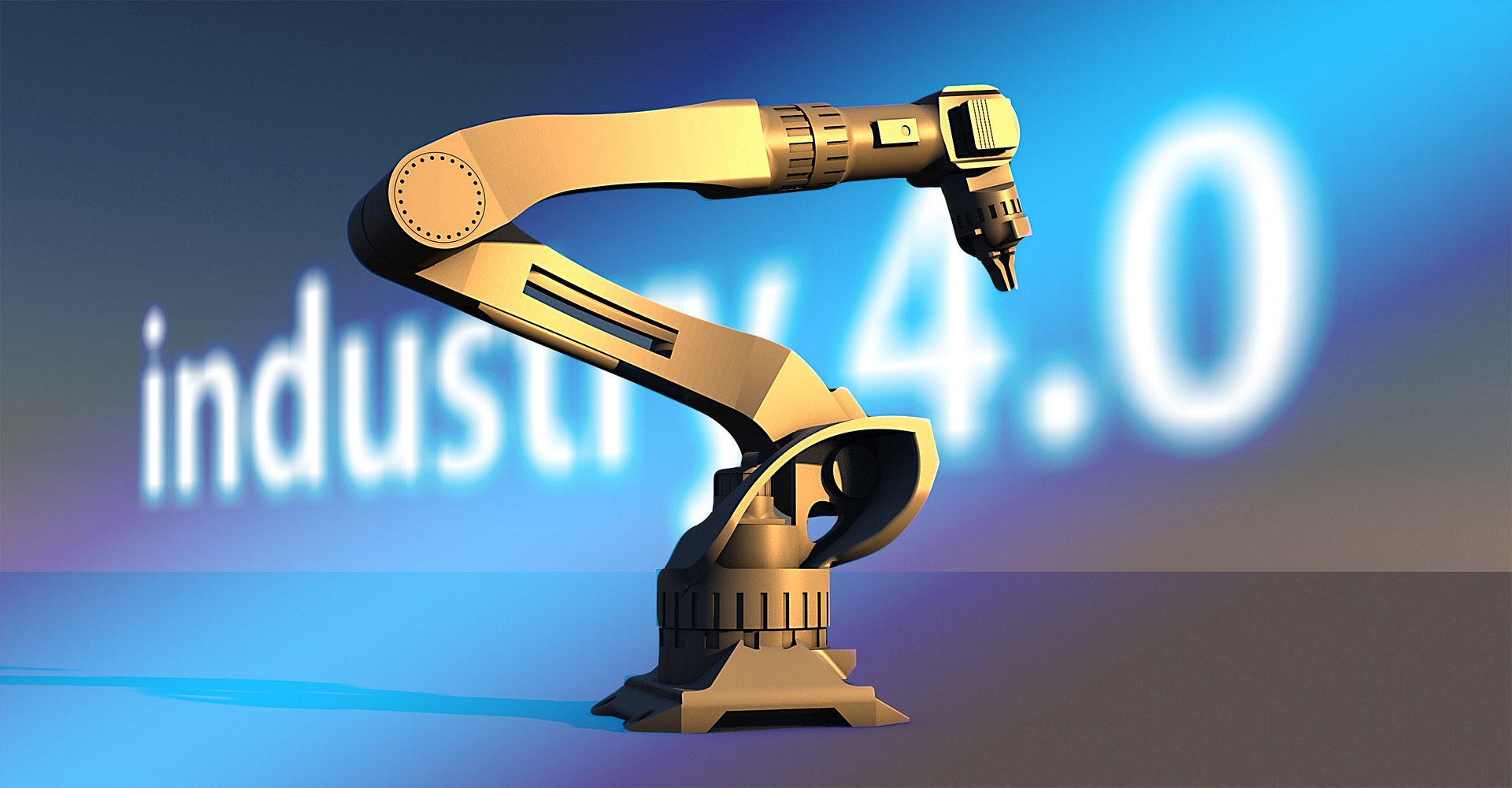Artificial intelligence (AI) is revolutionizing the field of medical robotics, bringing new possibilities for improving surgical precision and outcomes. With the ability to analyze large amounts of data and make predictions based on patterns, AI is helping healthcare professionals provide more accurate and efficient surgical procedures.
One area where AI is having a significant impact is in the development of robotic surgical systems. AI algorithms can analyze data from pre-operative imaging and patient information to create detailed 3D models of the patient’s anatomy, which can be used to plan the surgical procedure and guide the robot’s movements. This can help surgeons achieve a higher level of precision and accuracy, reducing the risk of complications and improving patient outcomes.
AI is also being used to develop smart surgical instruments that can adapt to the patient’s anatomy in real-time. For example, AI-powered instruments can analyze data from sensors to identify changes in the patient’s tissue and adjust their movements accordingly, providing a more precise and accurate procedure.
Another area where AI is having an impact is in the development of autonomous surgical robots. By analyzing data from sensors and cameras, AI algorithms can identify the best surgical approach and make decisions in real-time, reducing the need for human intervention. This can lead to more efficient and accurate procedures, and can also help reduce the risk of human error.
AI is also being used to improve the efficiency of healthcare delivery by automating routine tasks, such as data analysis, which can save time and resources.
Despite the many benefits of AI in medical robotics, there are also some concerns and challenges. One concern is that AI algorithms may not always be accurate or reliable, and that they may produce results that are biased or that do not take into account important factors. This can lead to incorrect predictions and complications during the surgical procedure.
Another concern is that AI algorithms may be used to replace human surgeons, reducing
the quality of patient care. Additionally, there are also ethical concerns around the use of AI in healthcare, such as privacy and data security.
Despite these concerns, the benefits of AI in medical robotics are clear, and the technology is likely to continue to play an increasingly important role in the field. With the ability to analyze large amounts of data and make predictions based on patterns, AI is helping healthcare professionals provide more accurate and efficient surgical procedures, improving surgical precision and patient outcomes.
In conclusion, AI is revolutionizing the field of medical robotics and has the potential to improve surgical precision and outcomes. Despite some concerns, the benefits of AI in medical robotics are clear and the technology is likely to continue to play an increasingly important role in the field. It’s important for healthcare professionals to stay informed about the latest developments in AI and to explore ways to use the technology to improve surgical procedures and patient care. Additionally, it’s also important to ensure that necessary measures are taken to address the privacy and security concerns related to AI in healthcare. Overall, the use of AI in medical robotics has the potential to revolutionize the field of surgery, providing more accurate, efficient and precise procedures resulting in better patient outcomes.

No responses yet